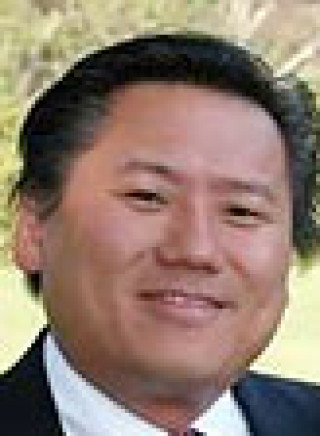Showing 10 of 93 results
Lean Production: From the Machine Age to the Systems Age
“Twice in the last century, automobile manufacturing has changed our most fundamental ideas of how we make things. And how we make things dictates not…
Delays: Accumulators in Disguise
Imagine a new manager at a beef packaging plant who knows nothing about the birthing process of calves. On the first day his workers show…
Blockbuster Video: Riding on the S-Curve
Blockbuster Video lived up to its name in the 1980s, becoming the number one video rental company in the United States. But its star may…
S-shaped Growth and the Law of Diminishing Returns
Most of us are familiar with the story of Sir Isaac Newton sitting underneath an apple tree and “discovering” the law of gravity when he…
Limits to Success: When the “Best of Times” Becomes the “Worst of Times”
“It was the best of times, it was the worst of times, it was the age of wisdom, it was the age of foolishness…” wrote…
Systemic Quality Management: Improving the Quality of Doing and Thinking
“No matter how hard Western nations try to engage in Quality Control education, they may not catch up with Japan until the 1990s, since it…
Graphical Functions: “Seeing” the Full Story
An executive of a large automotive company tells the story of two engineers who were arguing about the correct angle of an engine mount. The…
Success to the Successful: Self-Fulfilling Prophecies
Imagine you have two new direct reports, Stan and Frank. Both seem equally qualified — a degree from a good school, a couple years of…
If People Are Assets, Why Do We Treat Them Like Expenses?
There is a lot of talk in the business community about “people being our most important assets.” It sounds like a good idea — recognizing…
A Palette of Systems Thinking Tools
In this issue’s Toolbox it may be helpful to lay out the full array of systems thinking tools from which this column draws. You can…

